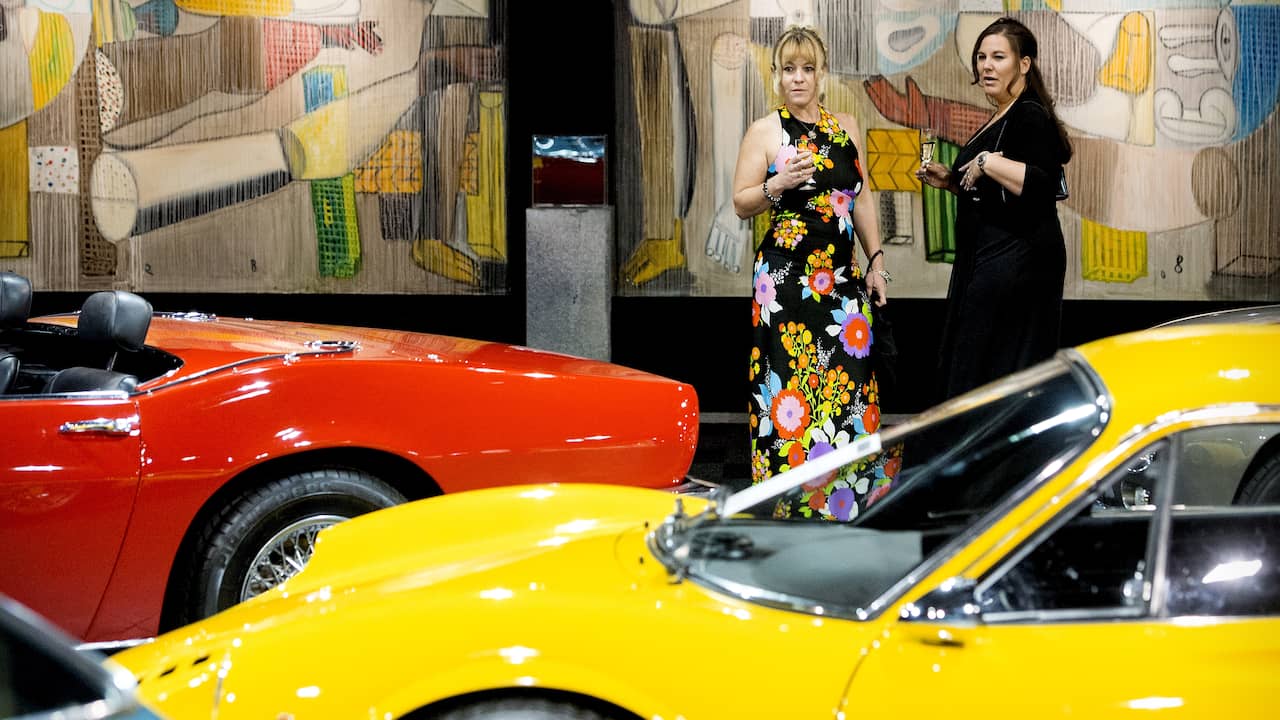The distribution of wealth in the Netherlands is “more skewed than expected”. This is apparent from a study carried out on behalf of the cabinet. The richest 1 percent of Dutch households own 26 percent of total wealth, while a quarter of households have debts.
According to the ‘interdepartmental policy study’ (IBO), wealth distribution in the Netherlands has generally remained fairly constant over the past fifteen years. But there are large and growing differences between specific groups. For example, between people who own their own house and people who rent, or the pension accrual of people with a low income and a high income.
Wealth of the richest underestimated
It was already known that there is wealth inequality in the Netherlands. But especially the wealth of the richest 1 percent of Dutch households was initially underestimated, according to the researchers.
Not only do the very rich own 26 percent of the total wealth, the composition of their wealth also differs from other households. The top 1 percent own no less than 75 percent of the total substantial interest in the Netherlands. A person has a substantial interest if he or she owns at least 5 percent of the shares of a company. This means that 60 percent of the wealth of the richest 1 percent consists of substantial interest.
The income of the very rich also differs quite a bit from the rest. Most Dutch people get their money from work. However, the income of the very rich consists mainly of (retained) profits from shares and other income from assets.
Those who are rich can be well advised
The current fiscal policy of the government is increasing wealth inequality. According to the researchers, the very richest experience a “lower average tax burden”. This is because the tax on wealth is much lower than that on labour.
Inheritance and gift taxes also contribute to wealth inequality. Via the ‘business succession scheme’ (BOR), which is intended to enable businesses to continue, people pay much less tax than with inheritance or gift tax without BOR. This perpetuates wealth inequality.
In addition, wealthy people can make more use of favorable tax structures and they more often have the means to obtain advice about this.
Harmful to the economy and society
Too skewed wealth distribution can be harmful to the economy and society, the researchers warn. In their view, for example, a lot of wealth more often leads to economic or political power, which in turn leads to a more flexible policy with regard to wealth accumulation. A skewed wealth distribution therefore becomes more and more skewed by itself.
Prior to Budget Day, the cabinet will look in August at what it will do to reduce wealth inequality. Prime Minister Mark Rutte said on Friday that it will probably take several years to tackle this inequality, but that he “wants to see what works”. According to Minister Karien van Gennip (Social Affairs), it is “an insight from which we should learn something” that the distribution is so skewed.
–


